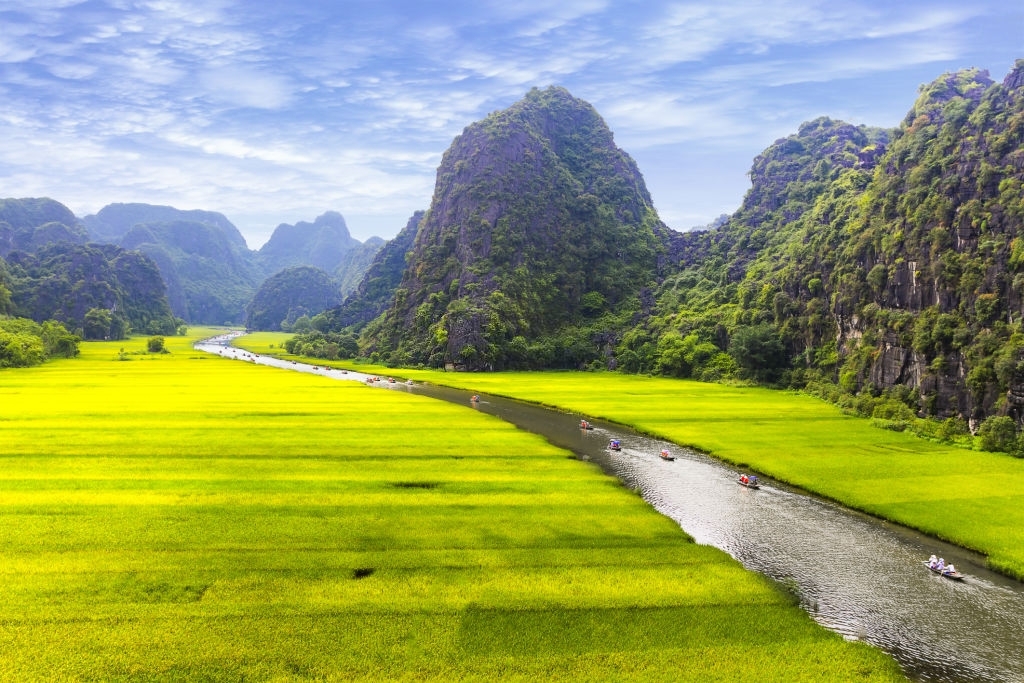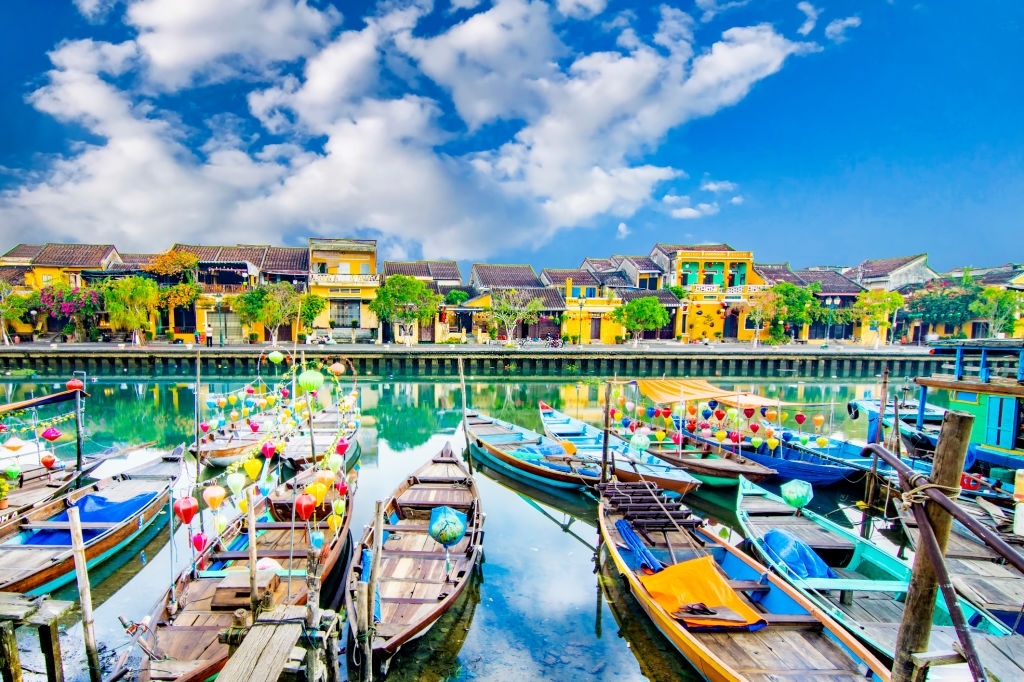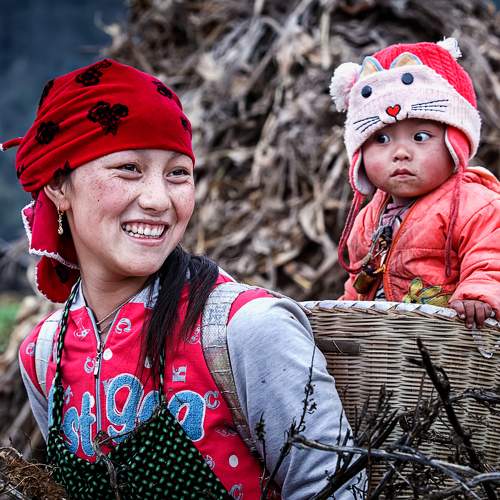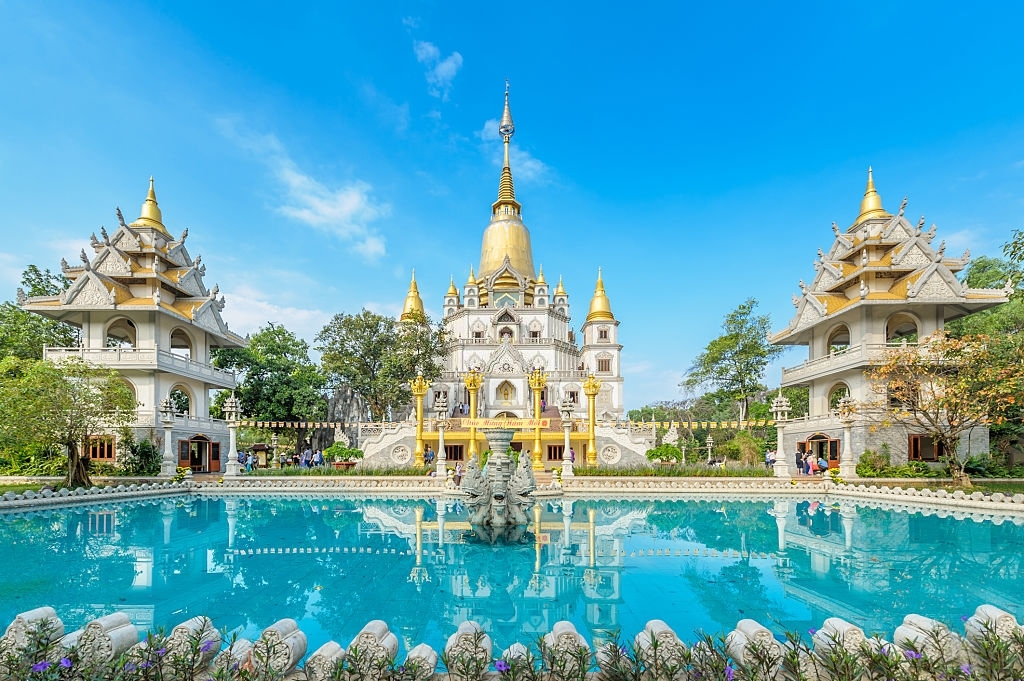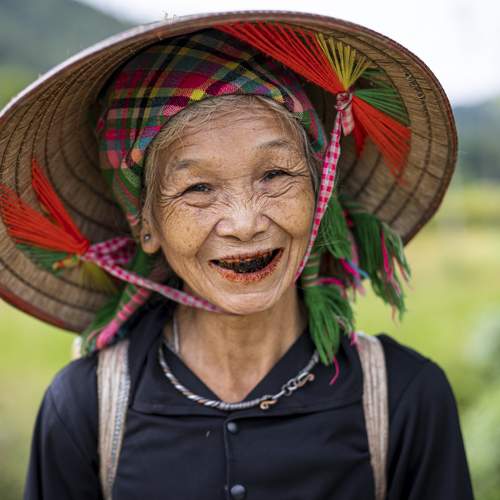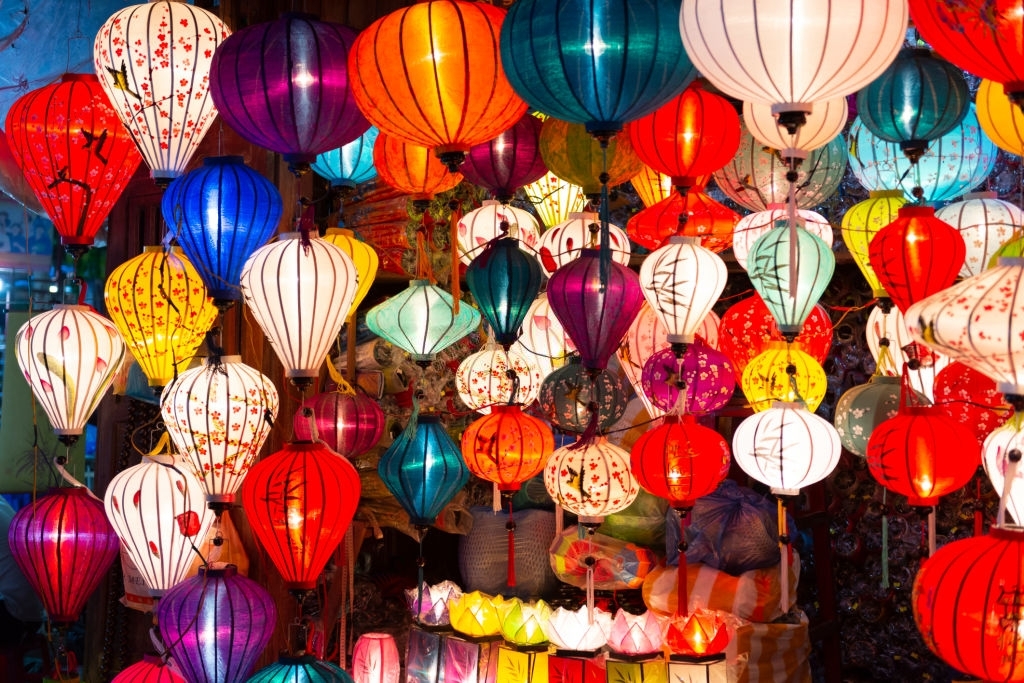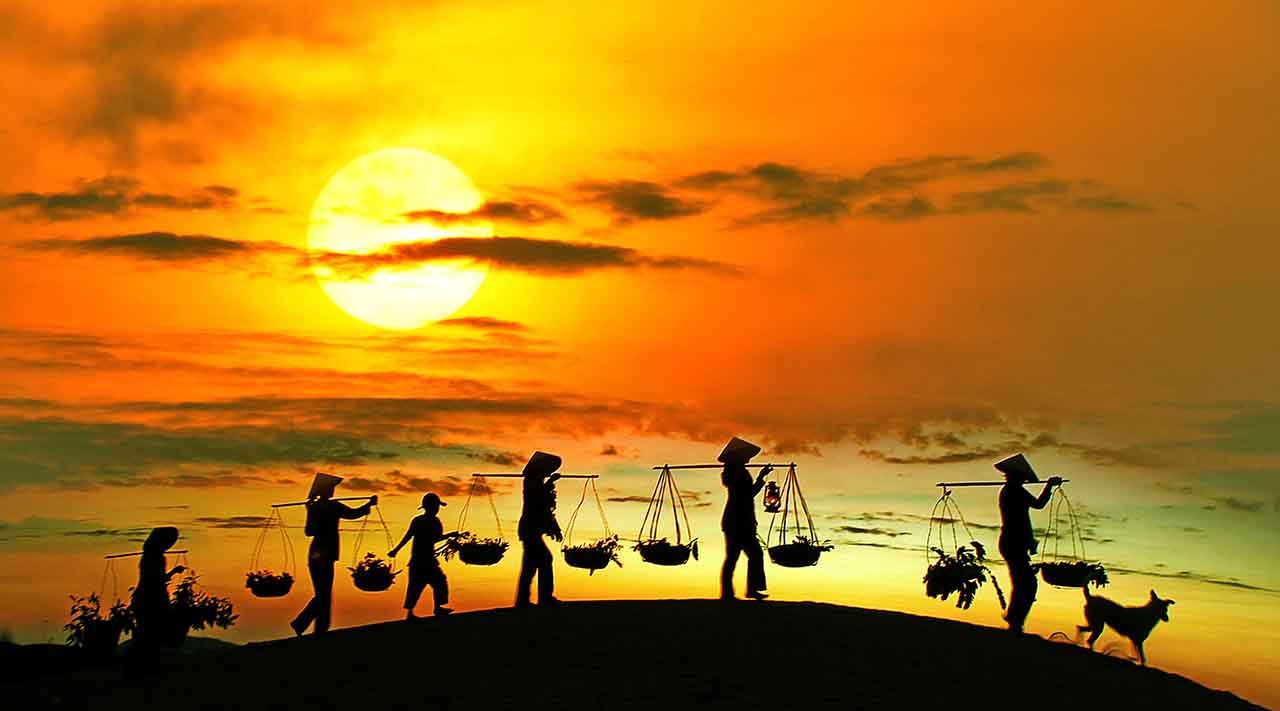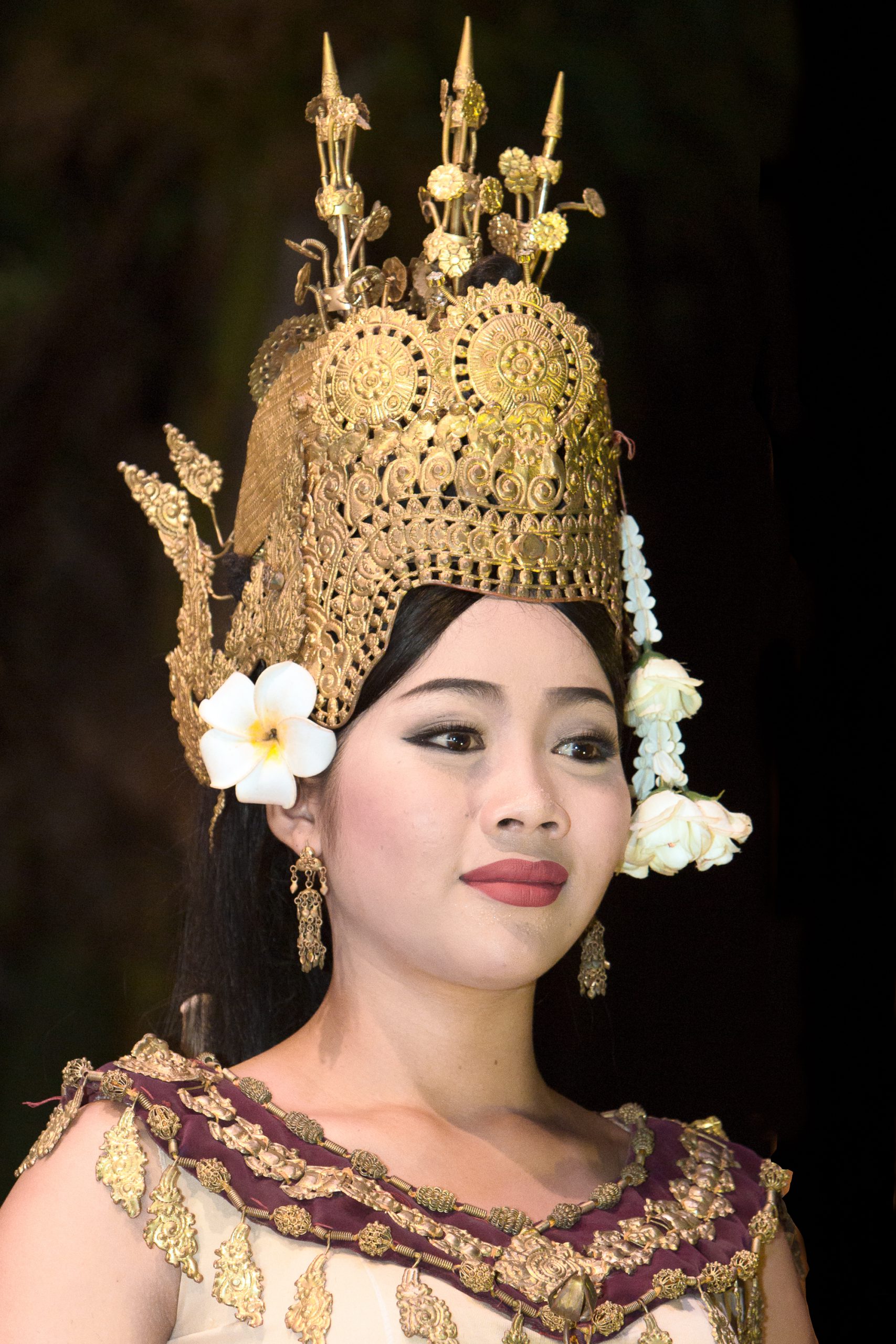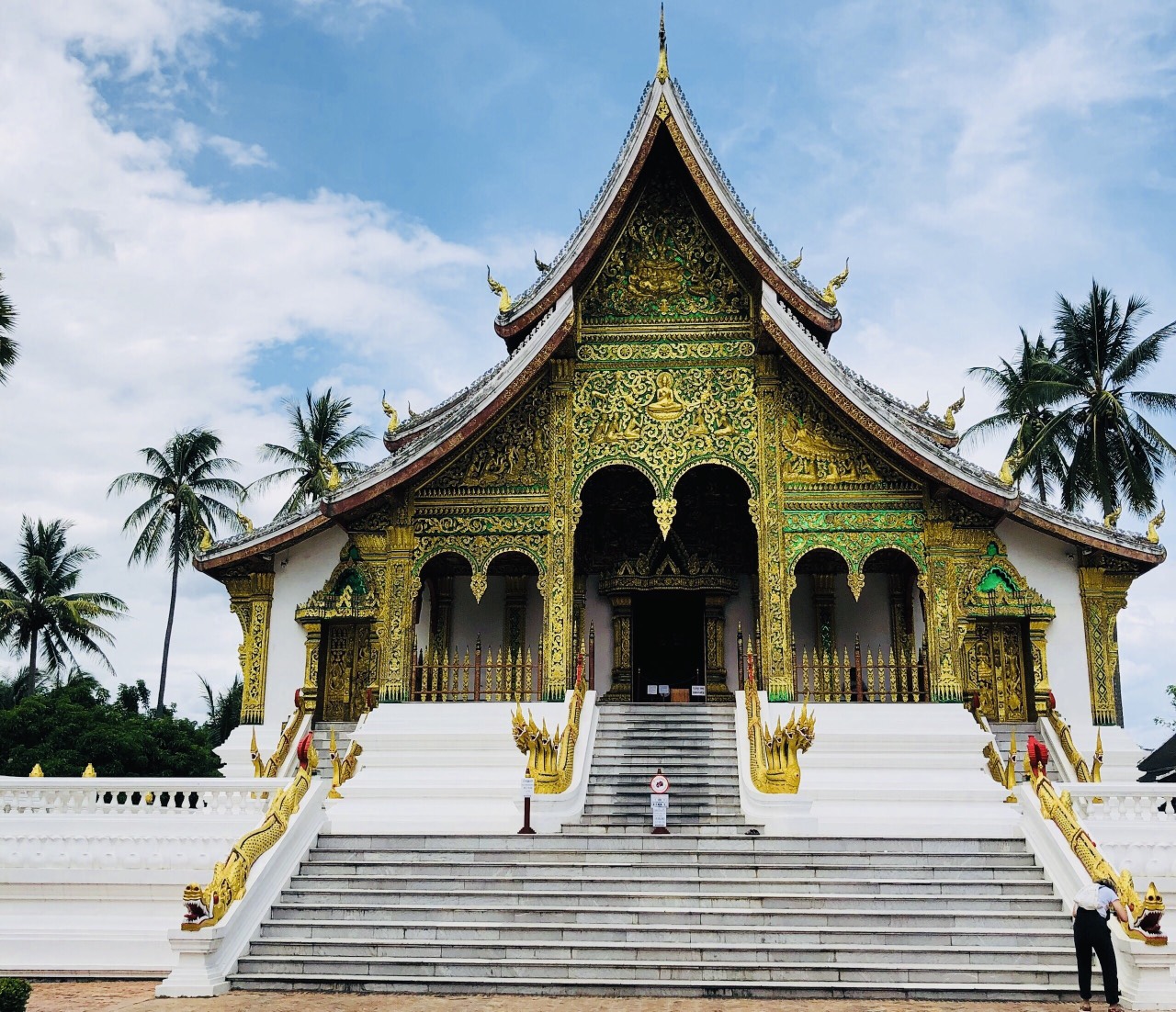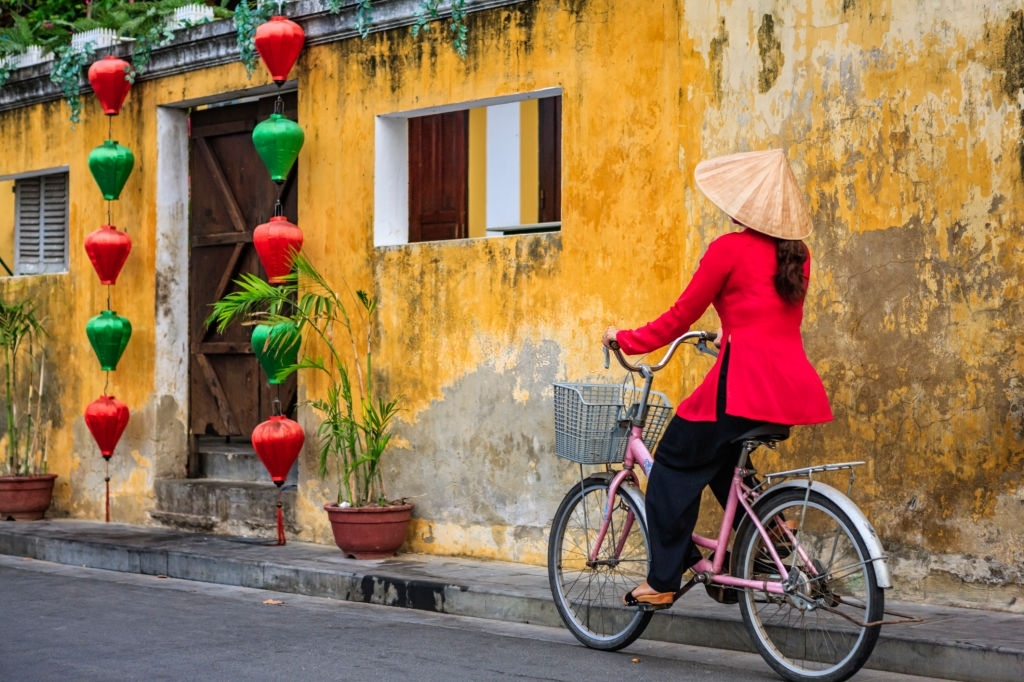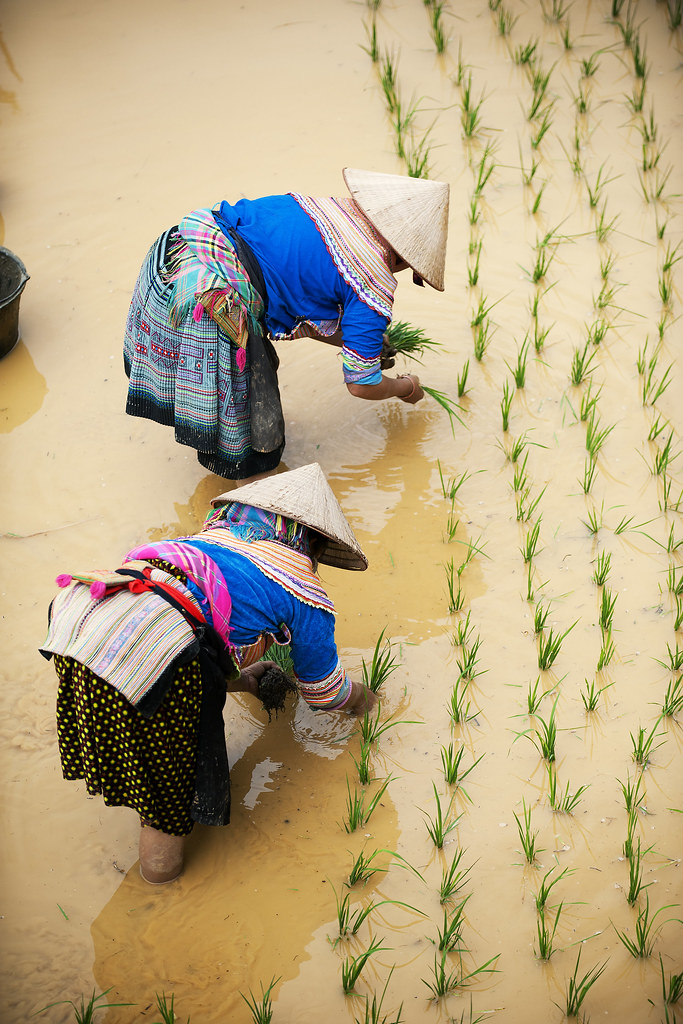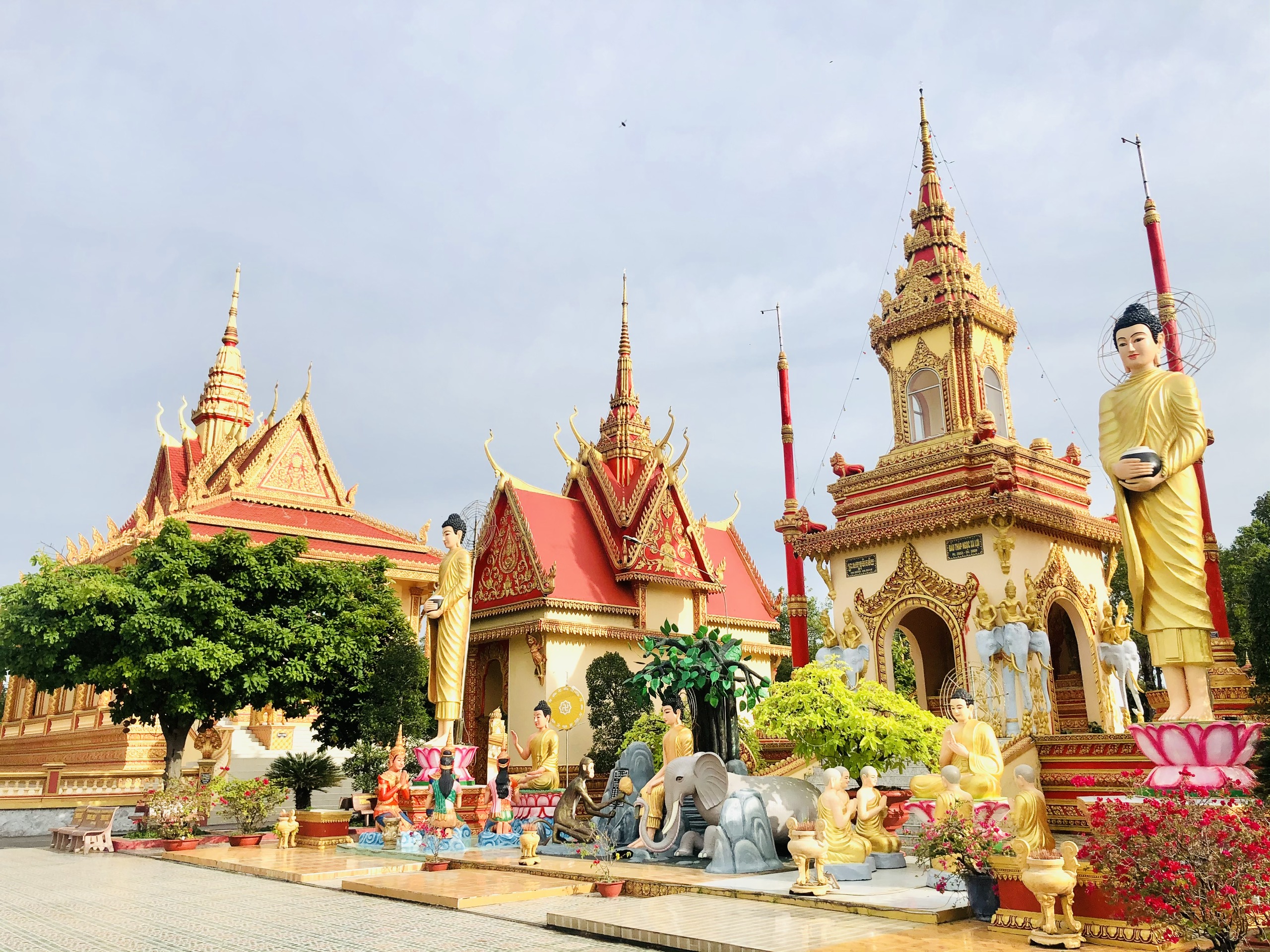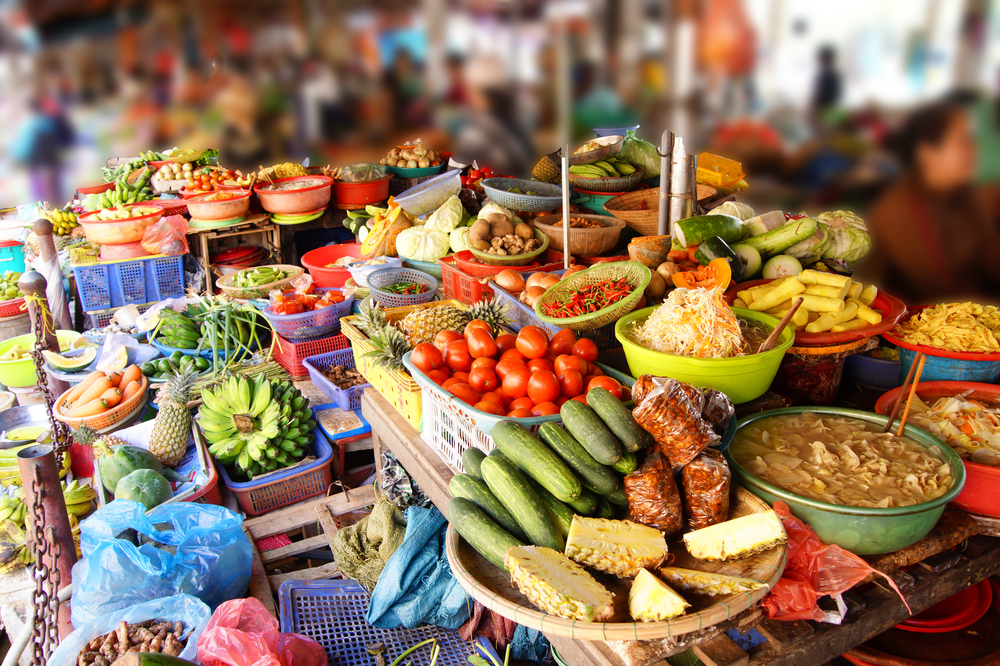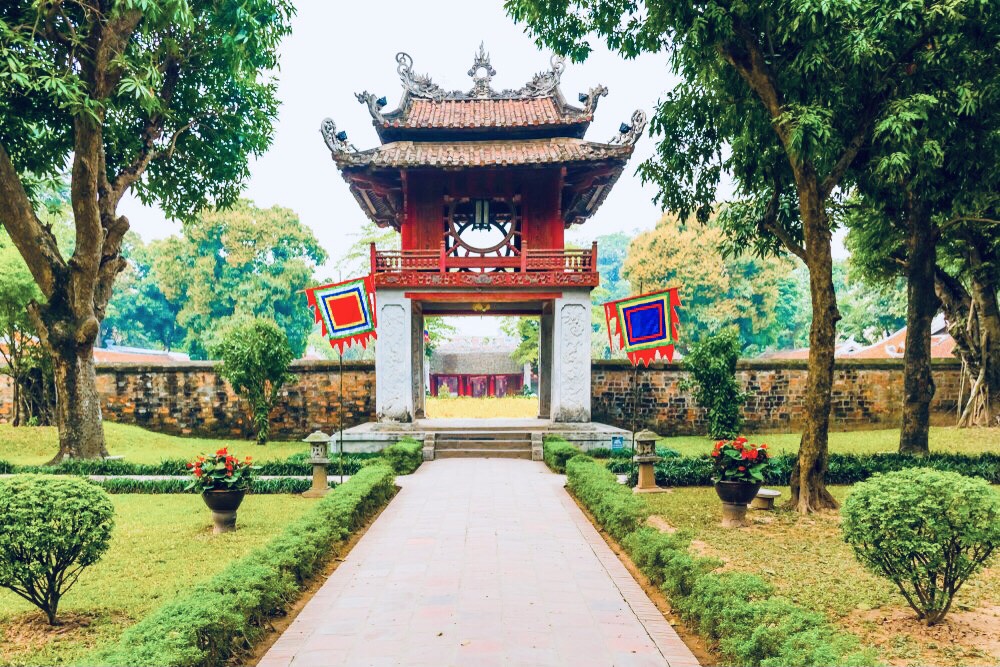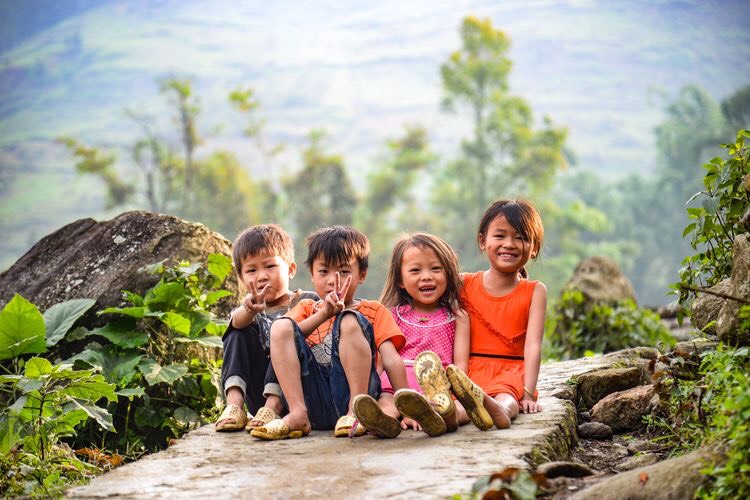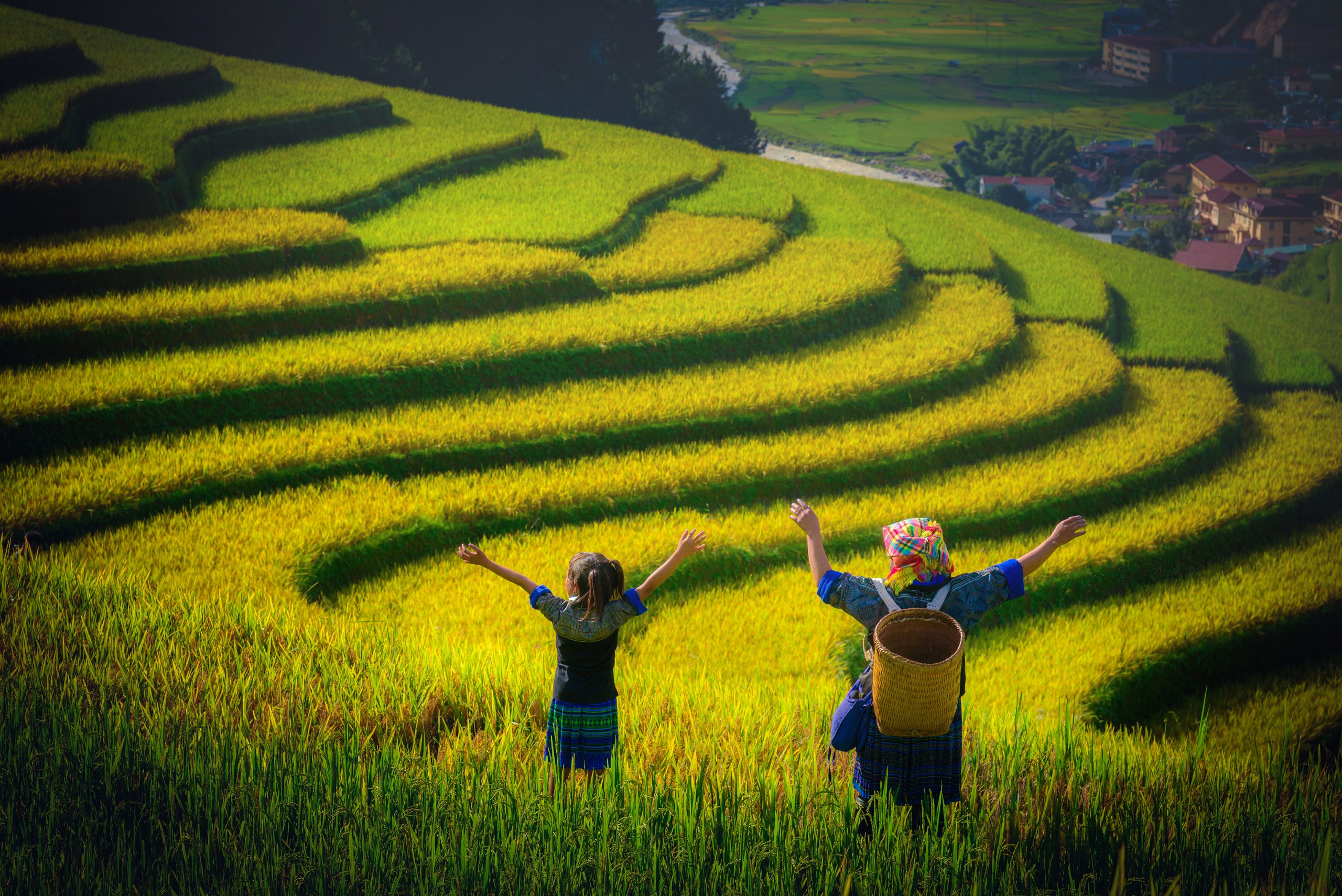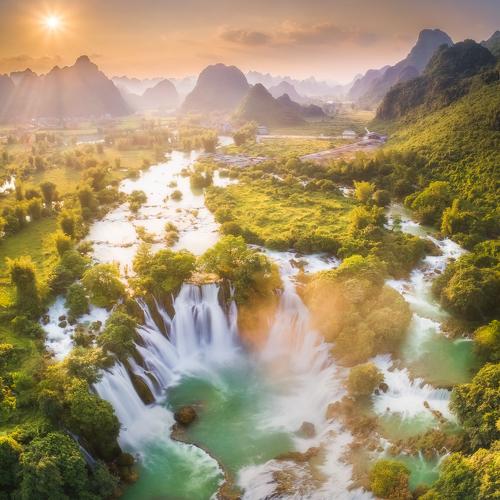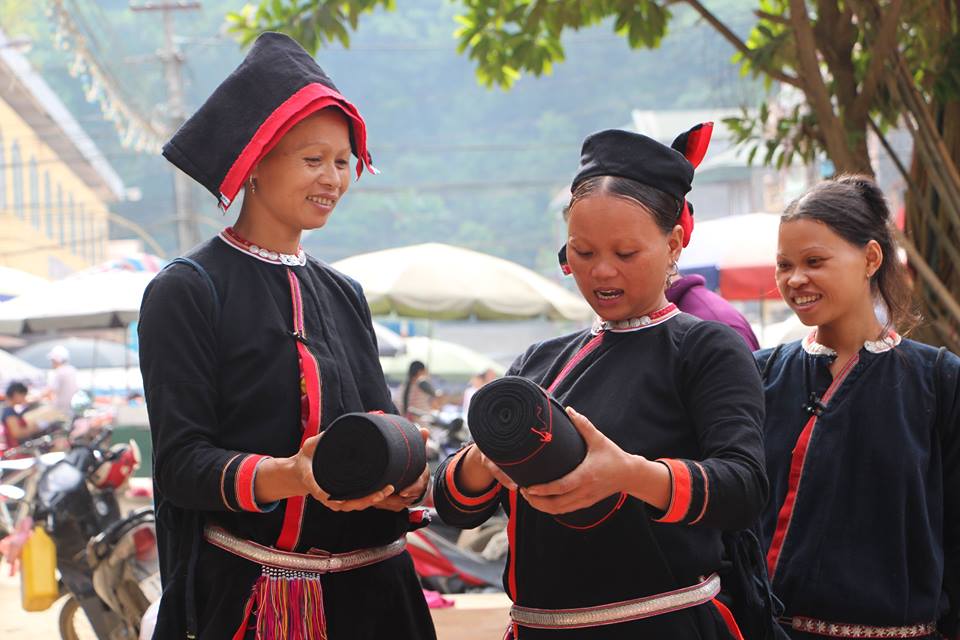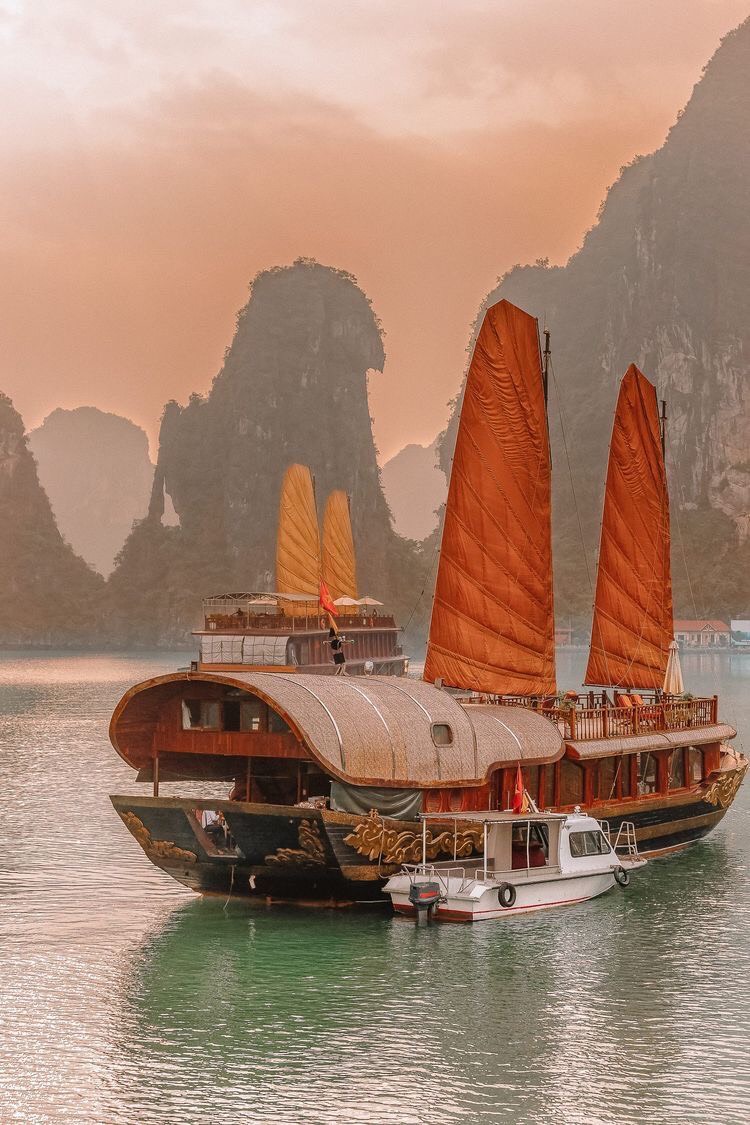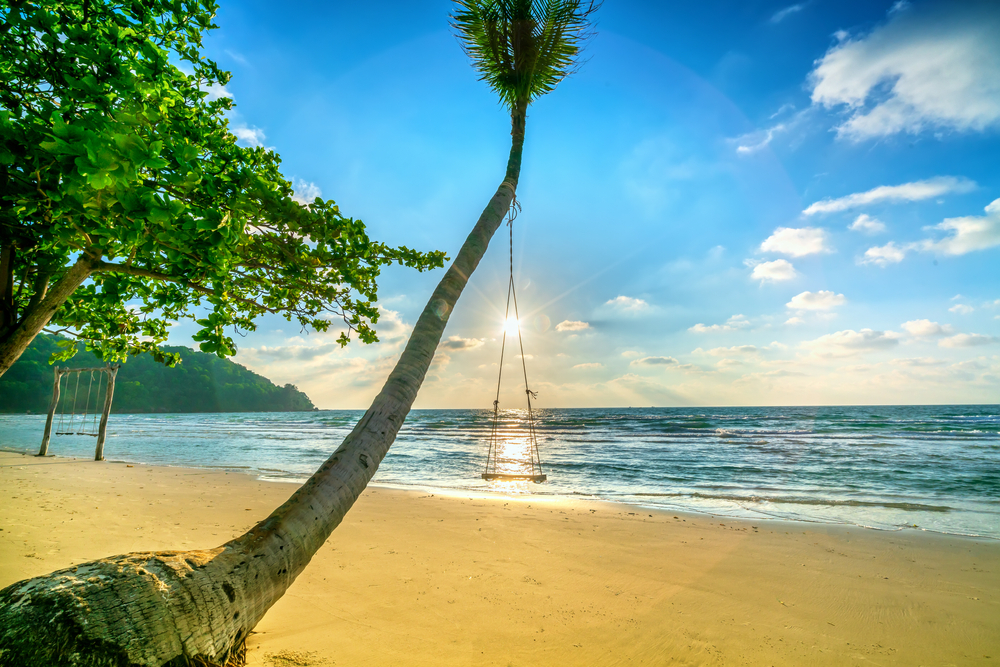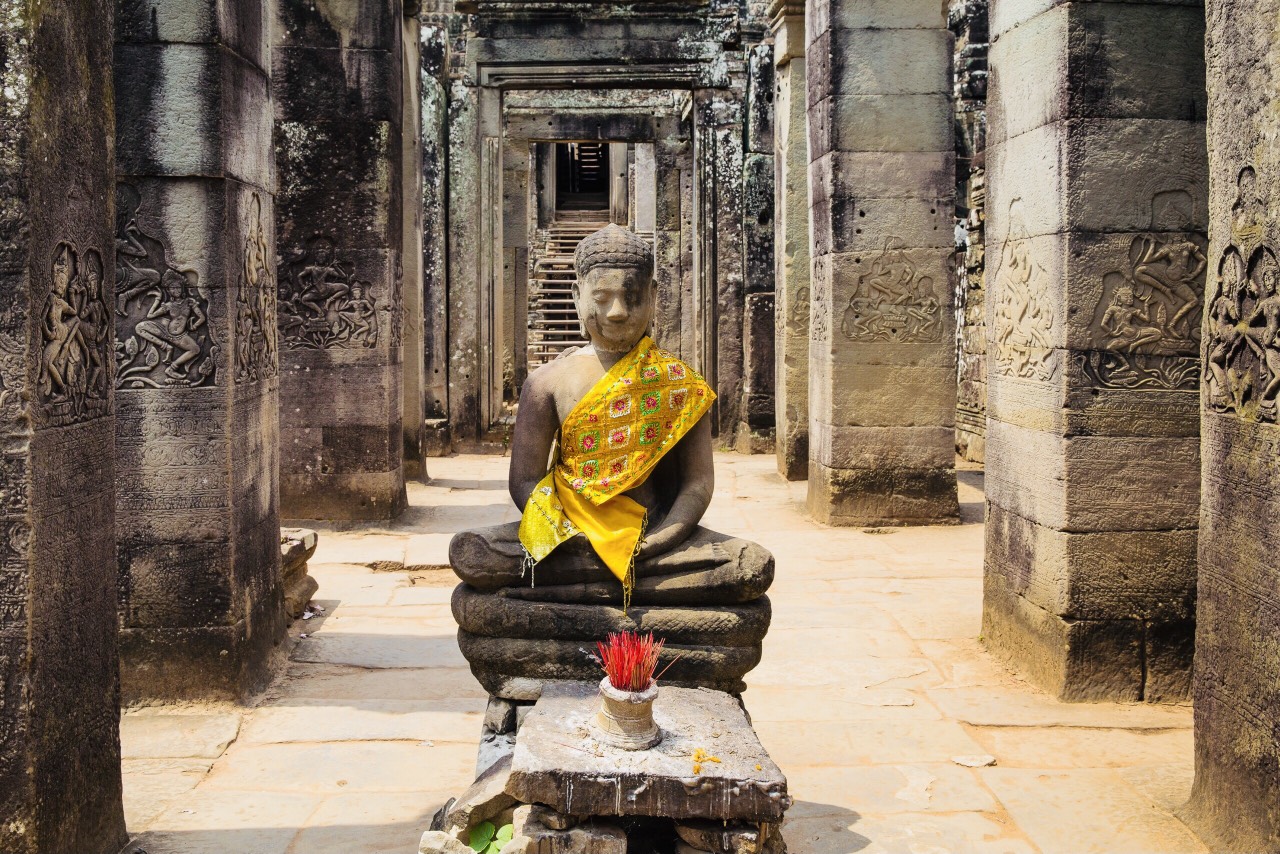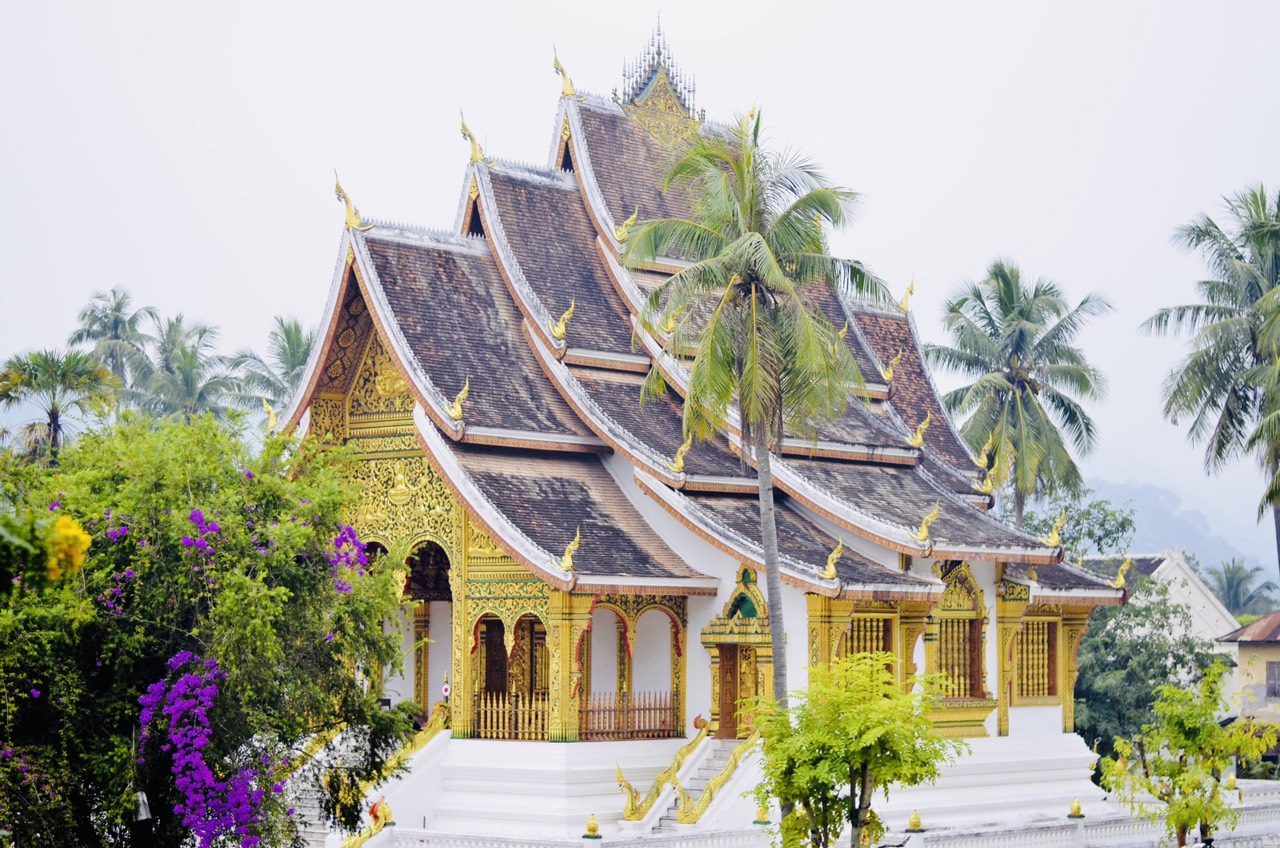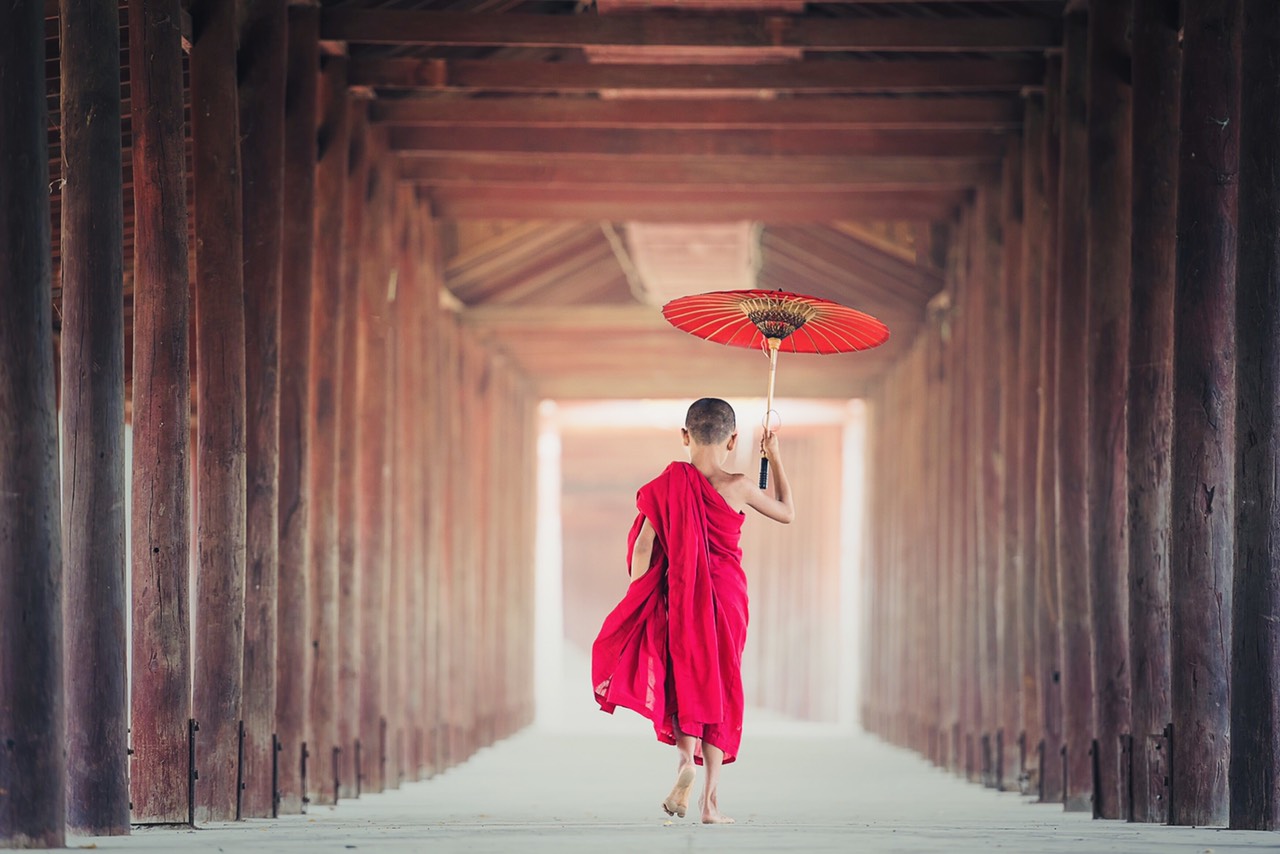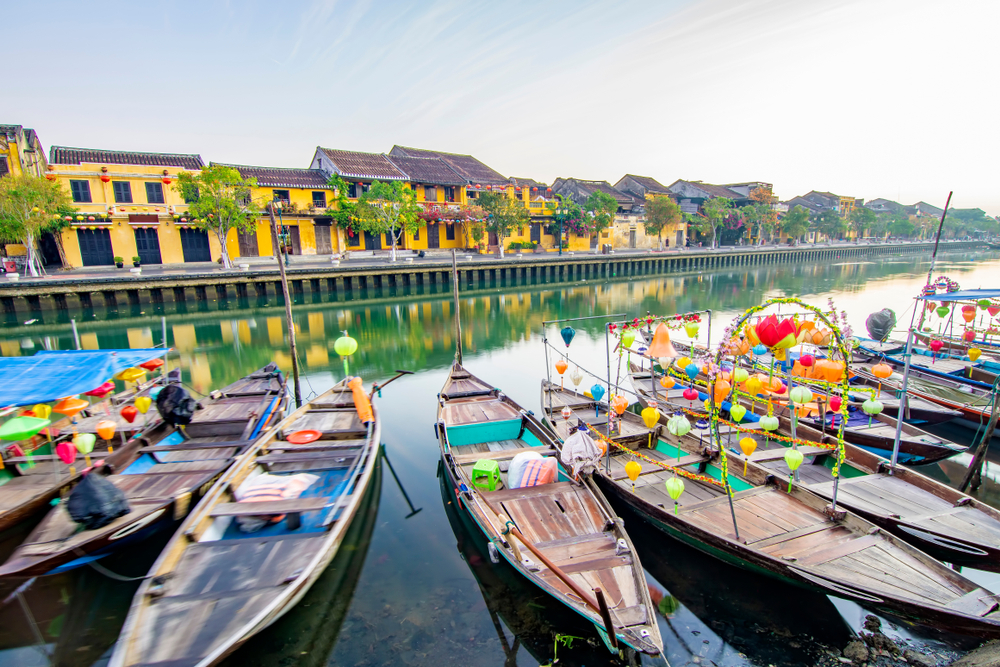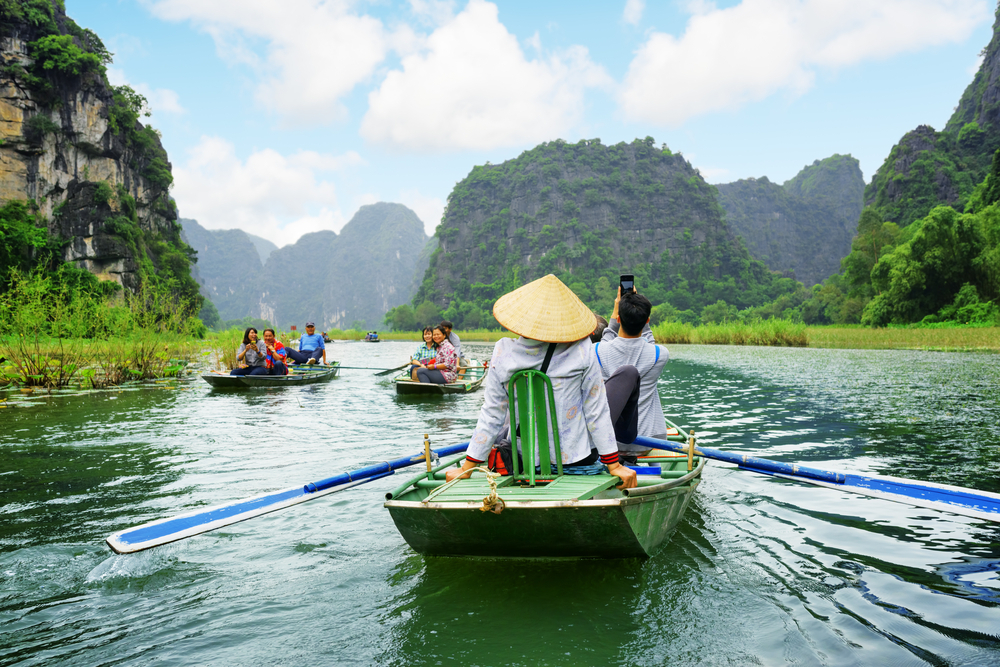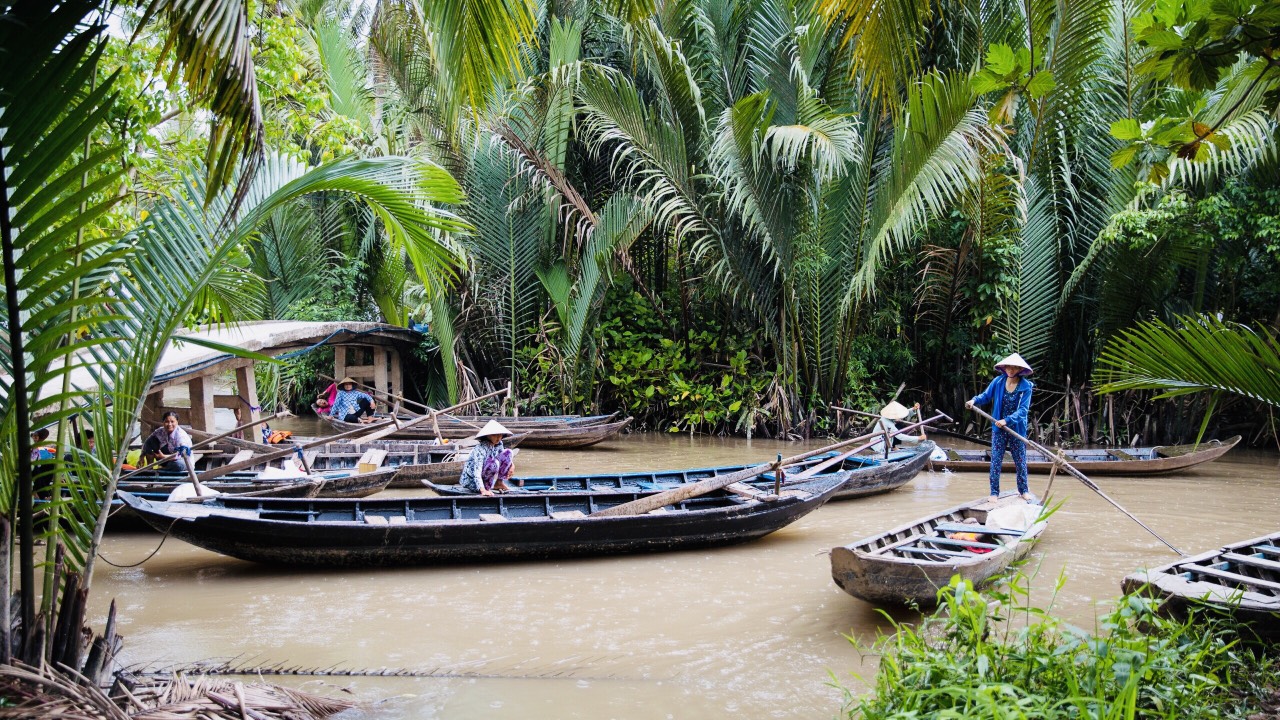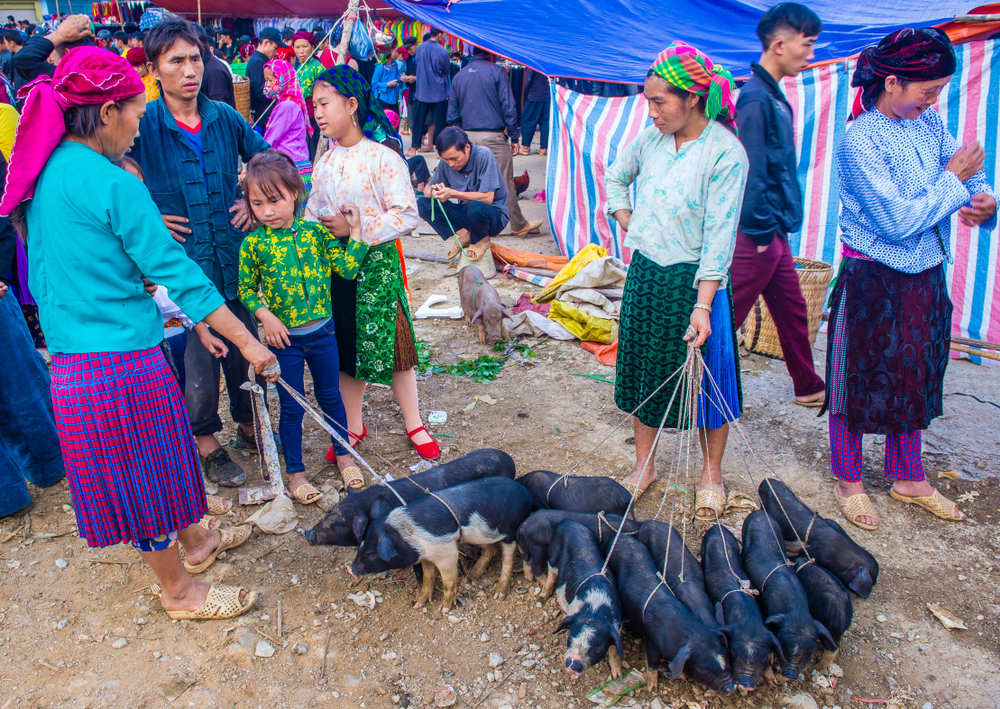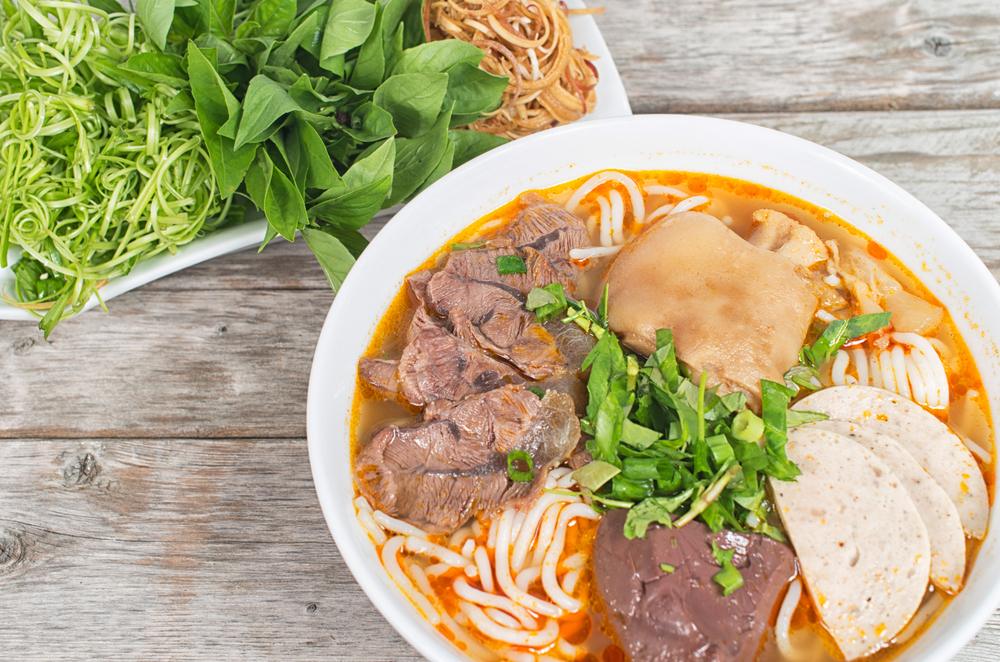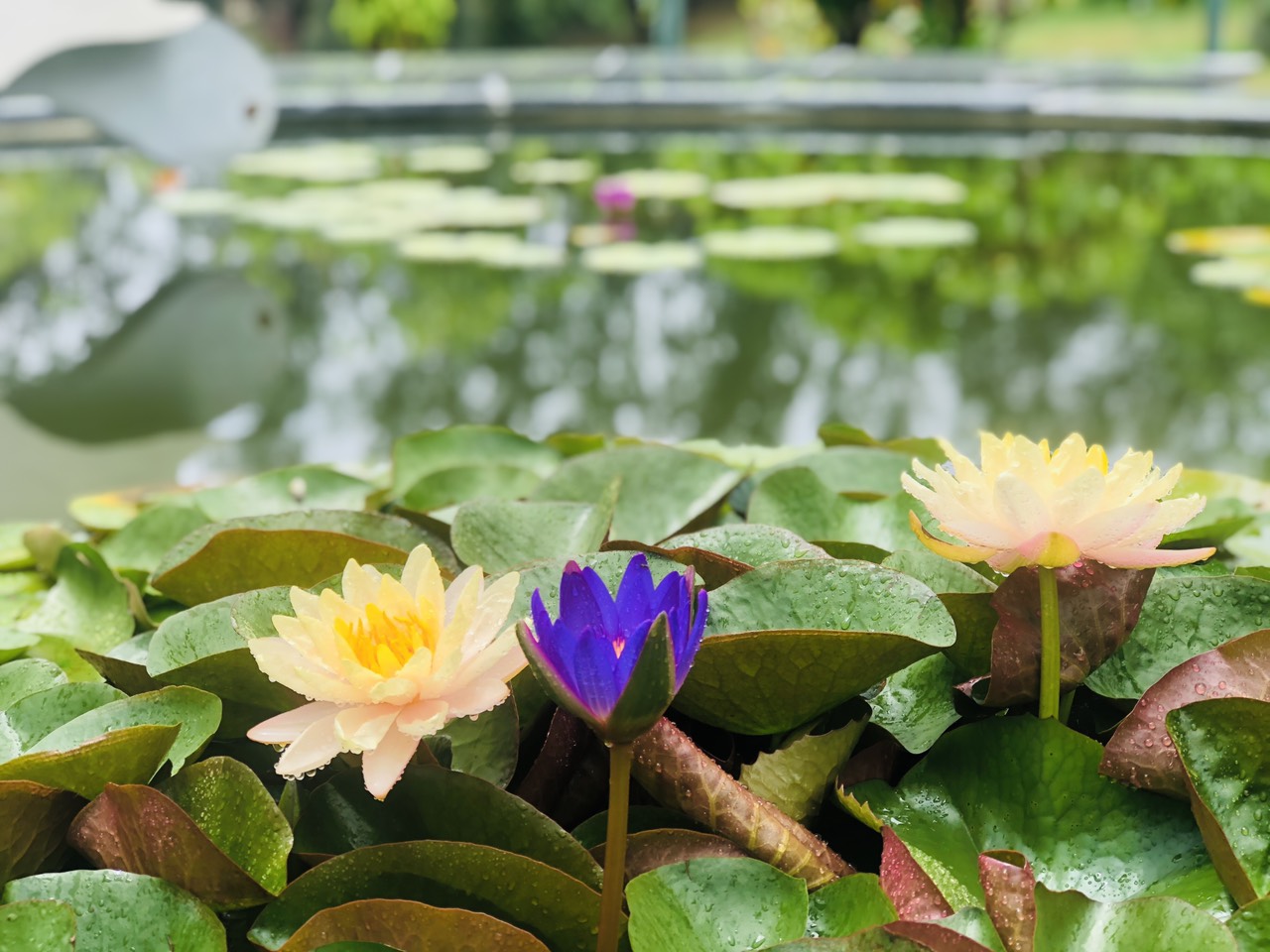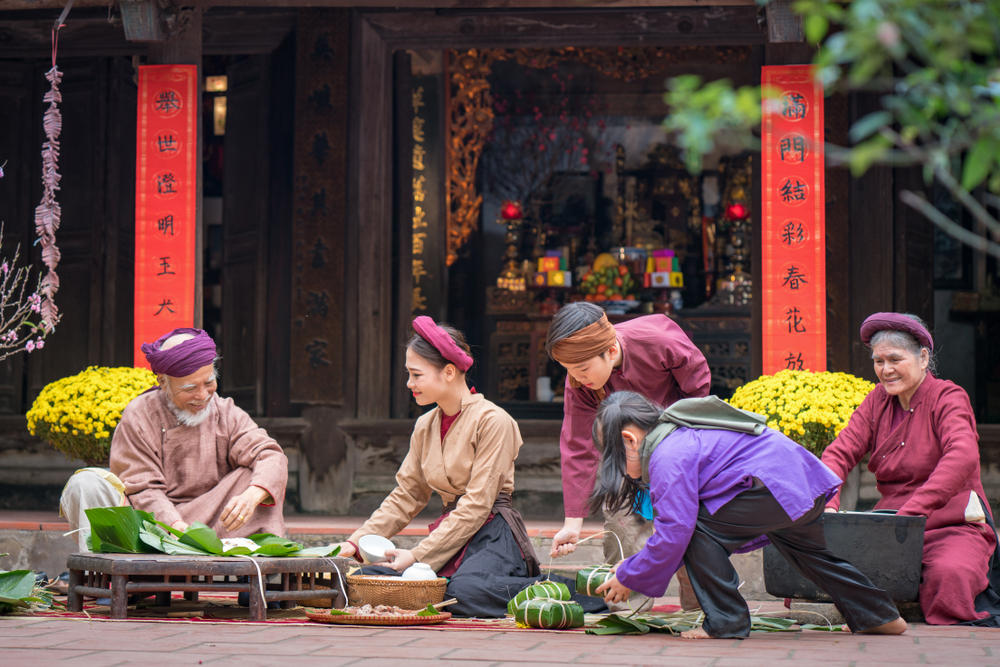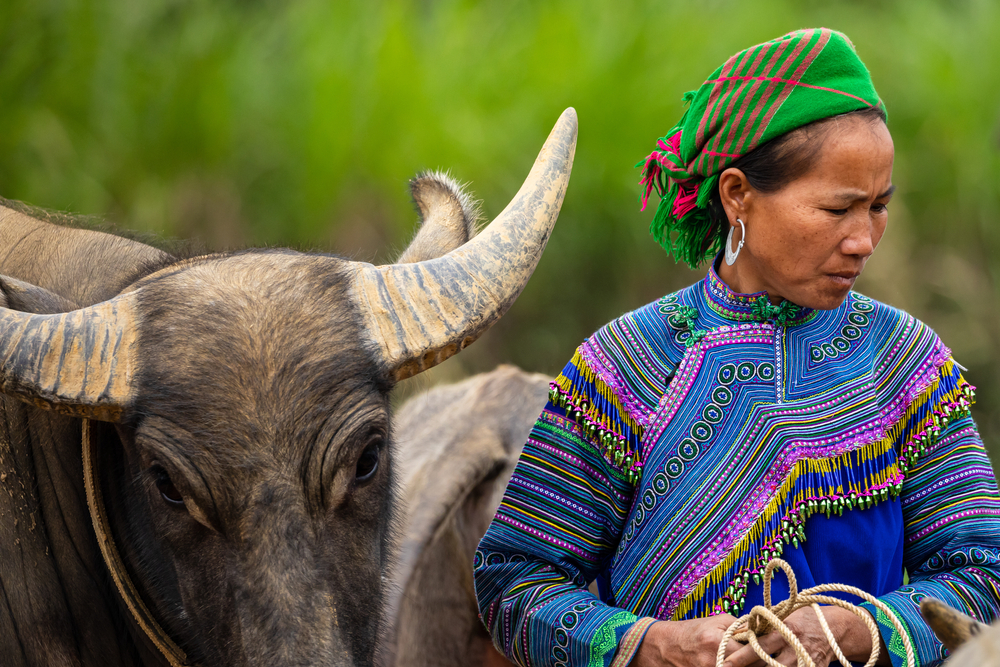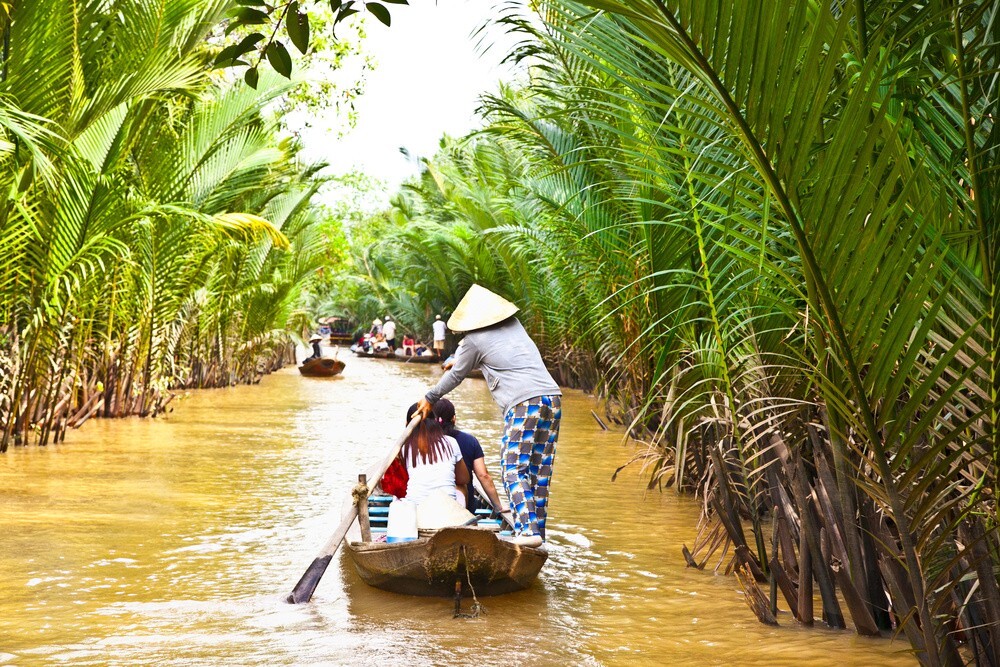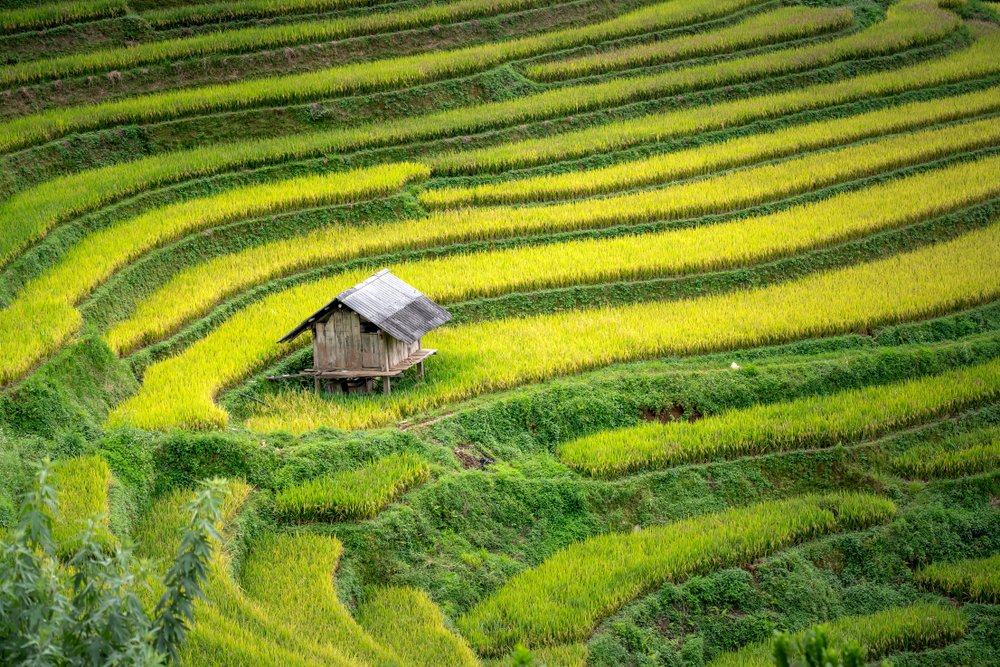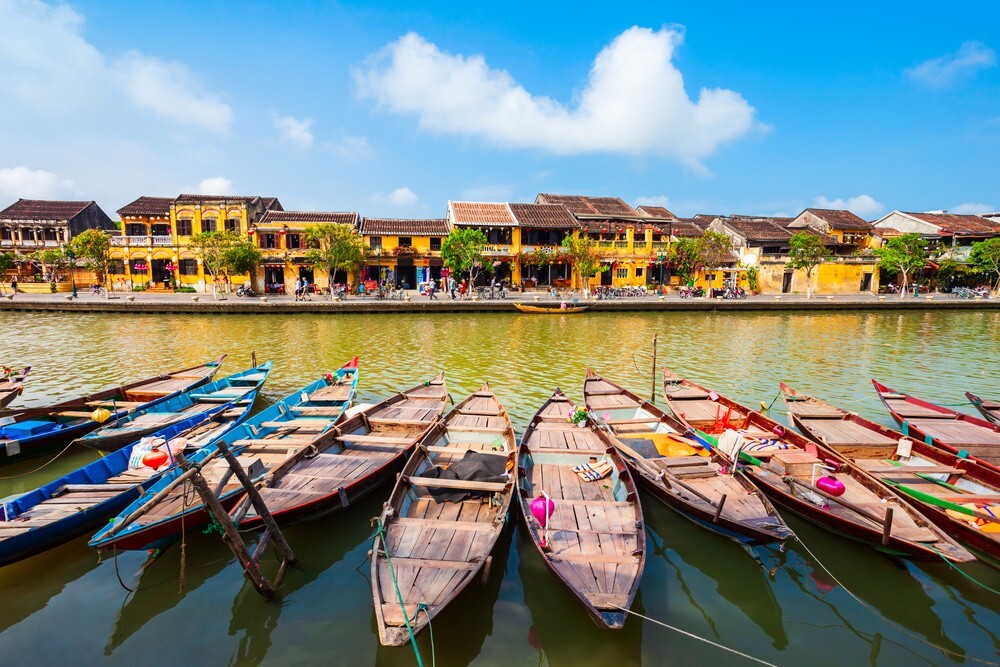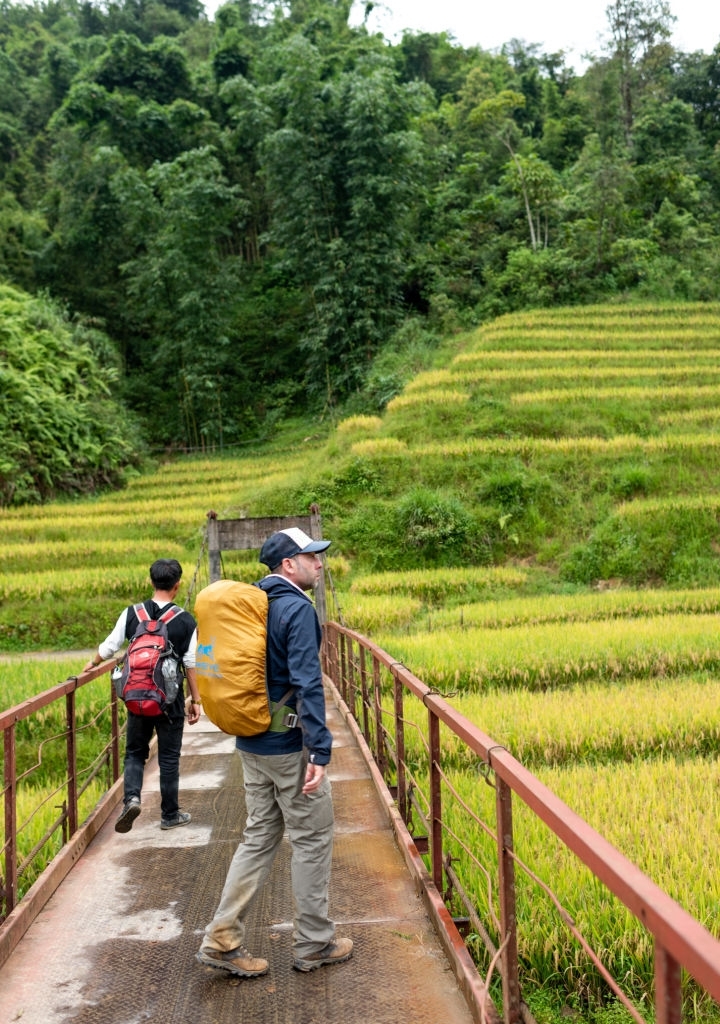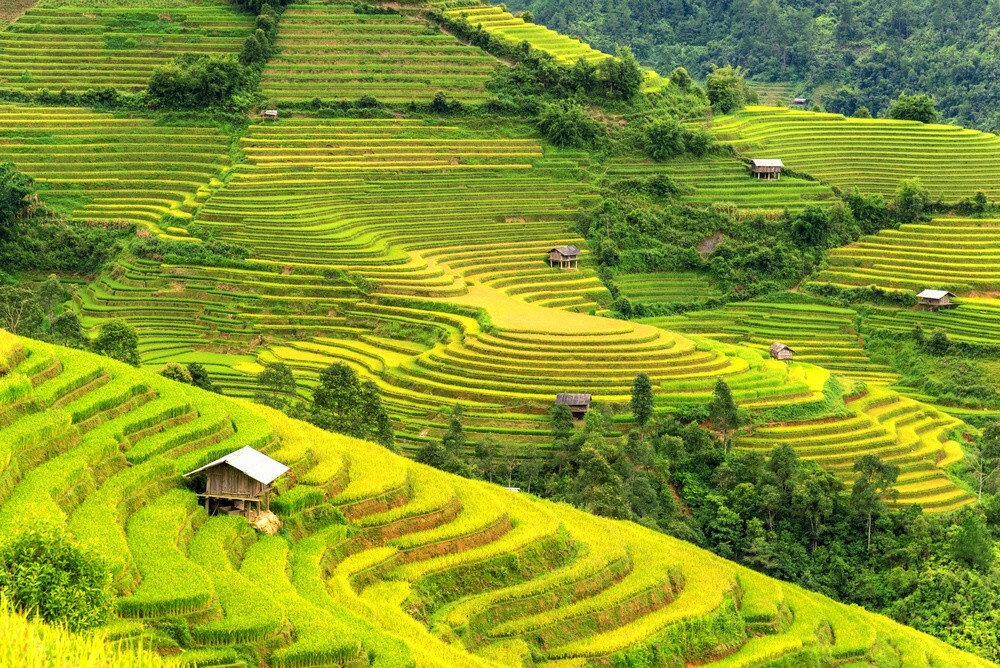
Talking about Sapa, people will instantly remember the image of the beautiful rice terraces that seduce many travelers from all over the world.
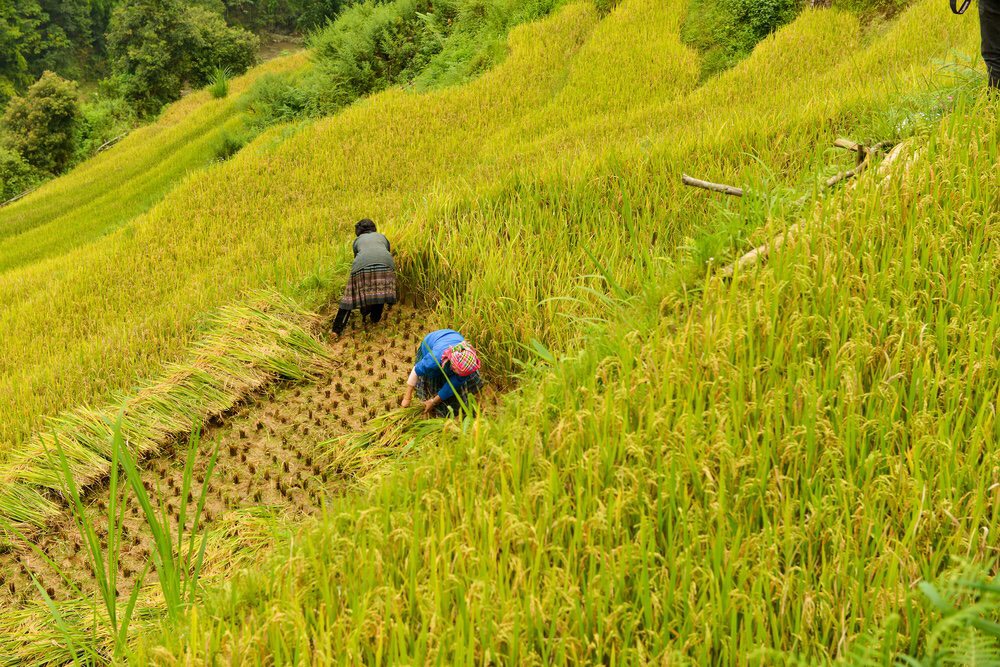
The rice fields are listed in Travel & Leisure magazine. With the amazing scenery of the rice terraces looking like ladders to the sky, Sapa has become one of the most interesting tourist attractions in Vietnam.
History of the rice terraces
The rice terraces in Sapa have been created for centuries by the diligent hands of the ethnic minorities living on the slopes of the Hoang Lien Son mountain range such as the Hmong, Ha Nhi, Dao, Thai, Giay, Tay, etc…

The practice of terraced rice fields has been passed down from generation to generation and these layouts, like splendid golden ribbons, have long formed one of the most extraordinary landscapes in Sapa.
The French founded a military post and a Catholic mission here in the 20th century. A colonial altitude station was then active there for nearly fifty years.
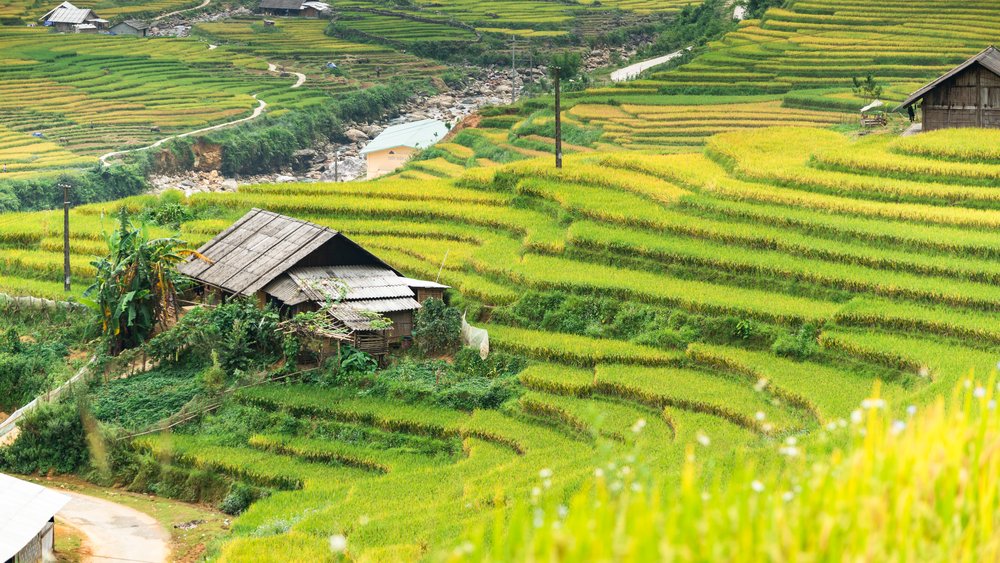
Until 1993, the town of Sapa was once again just a mountain village where different hill tribes gathered. Today, Sapa is a popular tourist destination with millions of travelers each year enjoying the beautiful scenery and walking hundreds of kilometers of trails between indigenous villages. In 2019, Sapa welcomed 3.2 million visitors. The U.S. Travel & Leisure magazine ranked the Sa Pa rice terraces among the seven most beautiful and grand rice terraces in the world.
The most beautiful rice terraces of Sa Pa
Rice terraces appear everywhere, but the most beautiful fields are at Y Linh Ho, Ta Van and Lao Chai villages in Muong Hoa valley. These are the most beautiful and largest rice terraces in Sapa with a total area of nearly 1000 hectares. A hike in Sapa takes you to hill tribe villages on top of beautiful green rice terraces with a breathtaking view of the mountains.
Best time to visit the rice terraces in Sapa
The climate of Sapa allows only one rice harvest per year, so the terraces are not always green. Here is the calendar of the rice terraces of Sapa by seasons.
Water season, late April to early May: the terraced rice fields are ploughed and watered in preparation for transplanting. the surface of the terraced fields becomes a huge mirror where the sky and the surrounding forests are reflected.
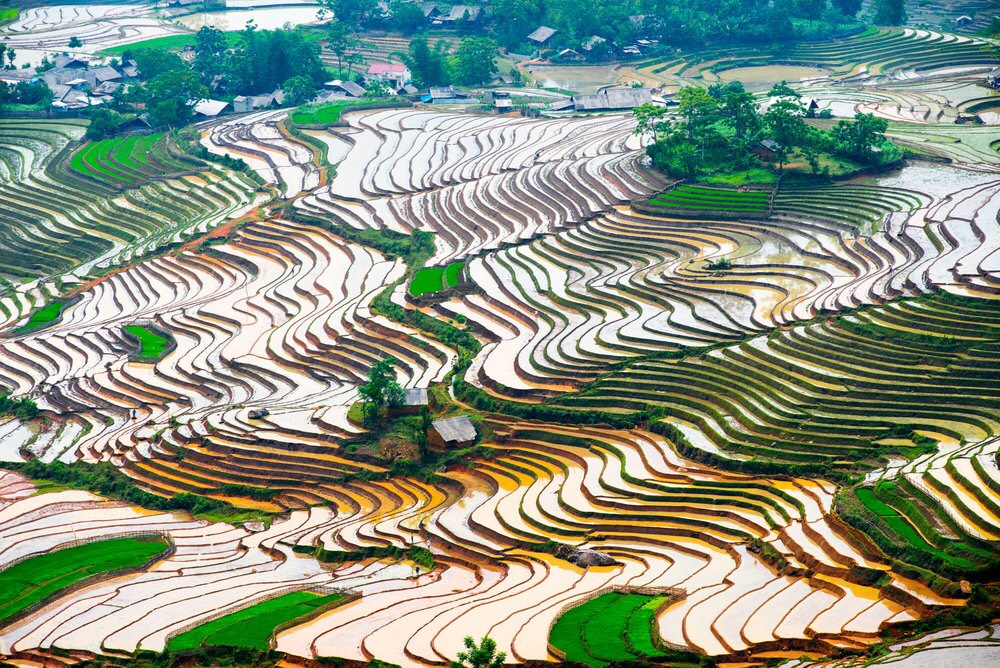
Green season,, June to late August: Sapa is covered by the endless greenery of the rice terraces. You can find all shades of green, from the most velvety to the most dense.
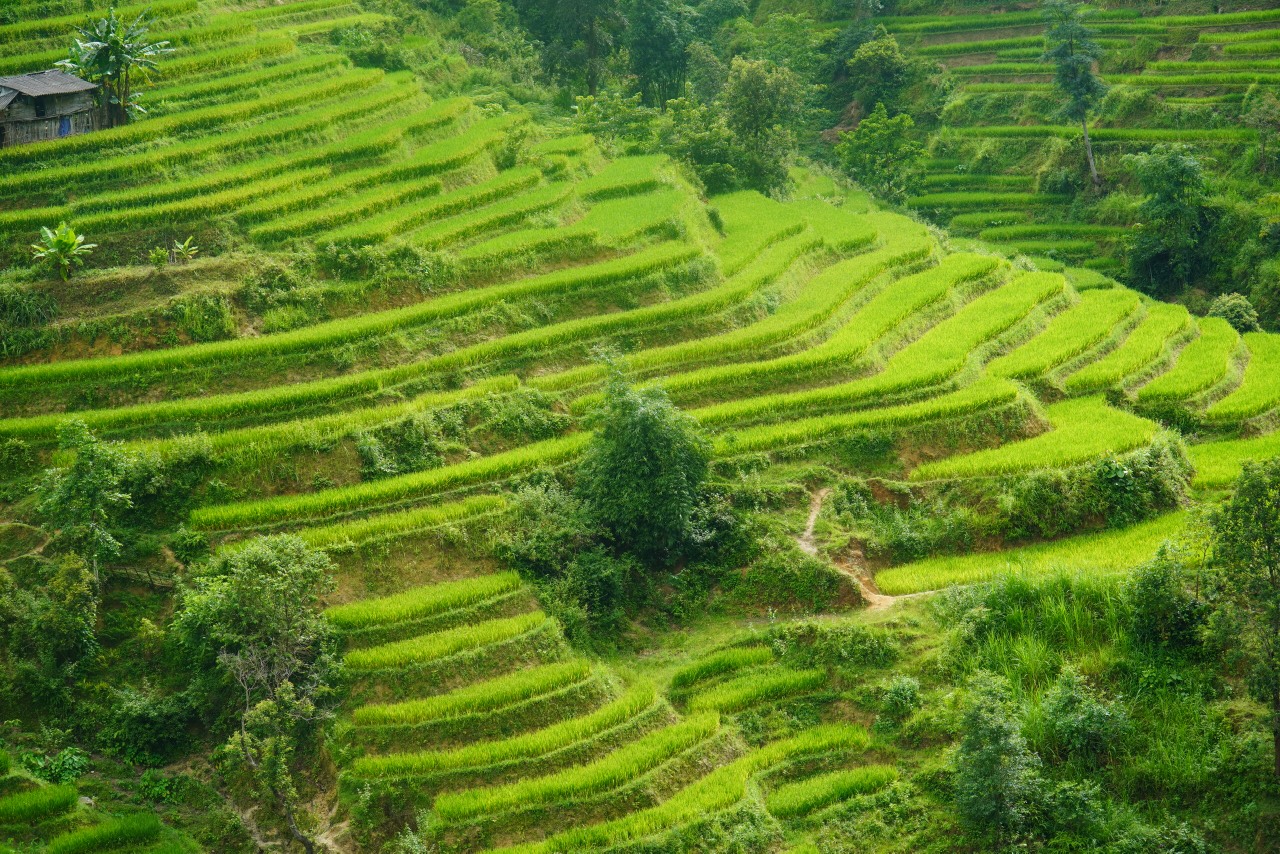
Harvest season: September to mid-October: The rice ripens, the fields are yellow. This is the perfect time to immerse yourself in the local atmosphere while admiring the spectacular rice terraces.
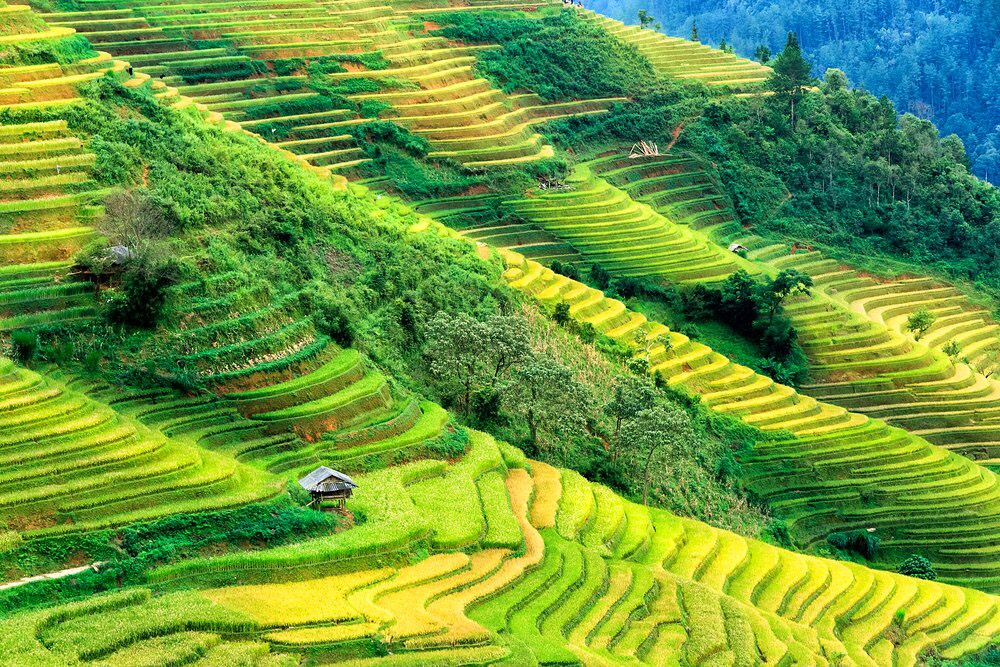
November to April: The harvest is over and the terraces are empty. The fields become a little green with grass, the land rests, the buffaloes are grazed.
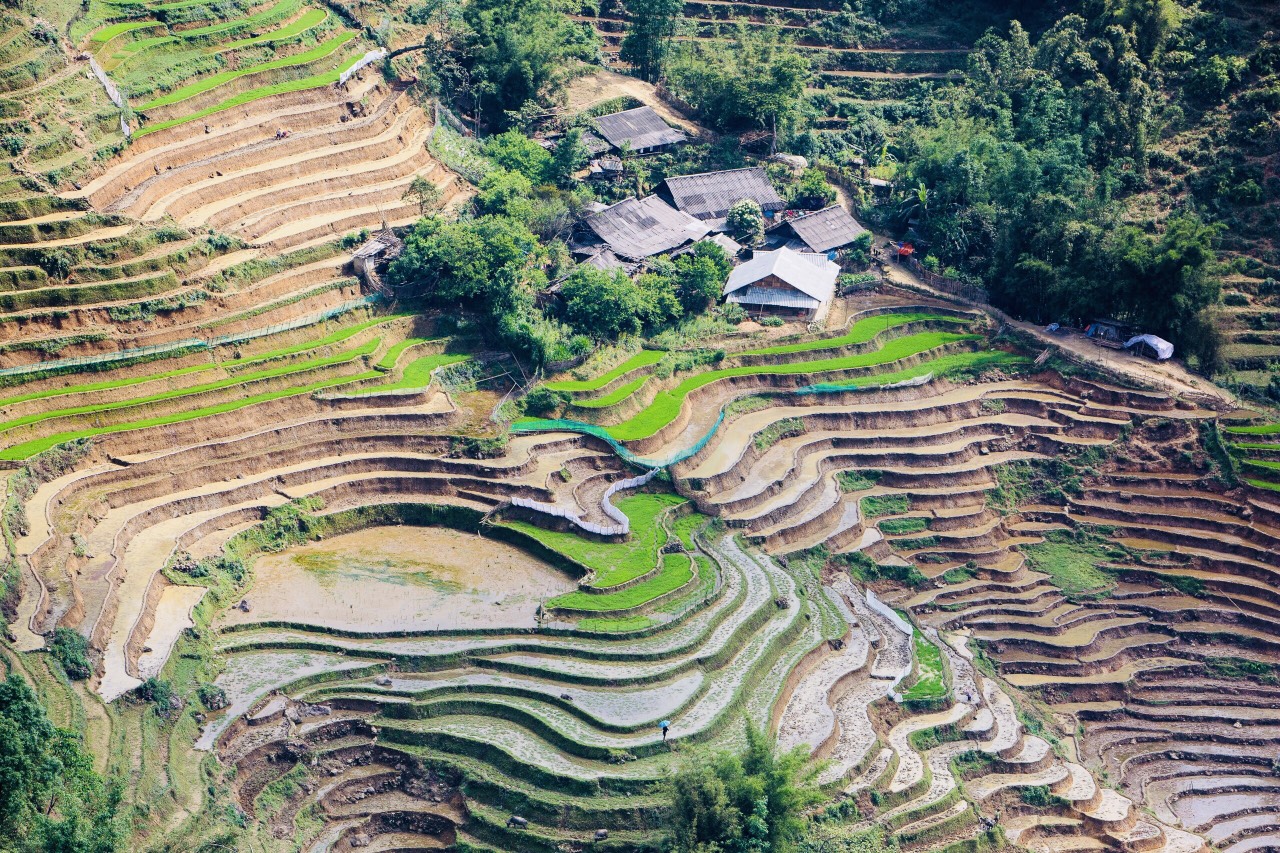
The water season and the harvest season are the best times to see the most impressive rice terraces in Sa Pa. While visiting the rice fields, you will have beautiful hikes and unforgettable encounters with the ethnic groups who formed these majestic landscapes.



